English
This dynamic program is designed to ignite your passion for literature and creative writing. With a wide range of courses in both traditional and online formats, you can explore storytelling, analysis, and self-expression at your own pace.
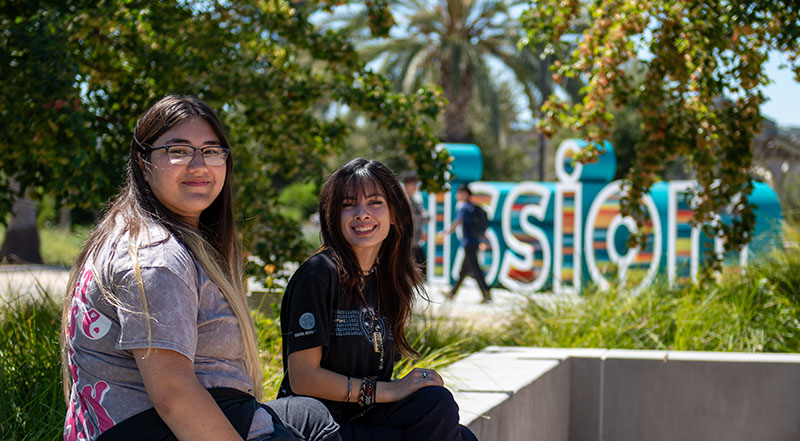

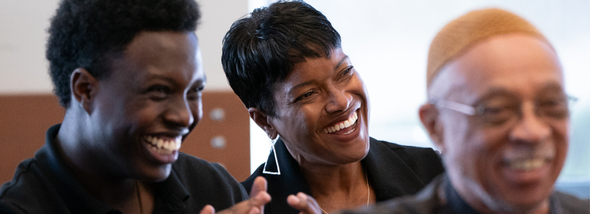
The Mission Review is a journal dedicated to showcasing the literary, artistic, and creative works of Mission College students. Our mission is to highlight the diverse creative voices within our community. Whether you’re an experienced artist or just beginning your creative journey. The Mission Review offers a space to share your work. We celebrate literature, art, community, and diversity and we look forward to featuring your submissions.
We welcome a wide range of submissions, including short stories, poetry, memoirs,
essays, social commentary, and reviews of books, films, plays, or performances. We
also accept visual art in various forms such as drawings, paintings, and digital art.
When submitting, include your work, your contact information, and a brief third-person
biography (100–150 words).
The Mission Review! features student voices only. Please refrain from essays, stories,
poems, reviews, and/or excerpts generated from Artificial Intelligence. Images/artwork
that used Artificial Intelligence at any stage of creation can be submitted as Digital
Art.
(408) 855-5247

(408) 855-5229
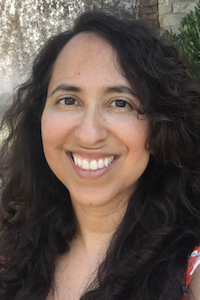
(408) 855-5403
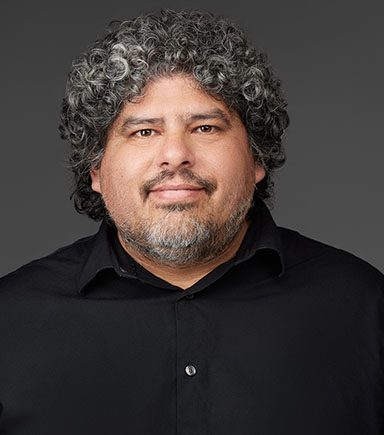
(408) 855-5327

(408) 855-5042
(408) 855-5209
(408) 855-5503
(408) 855-5300
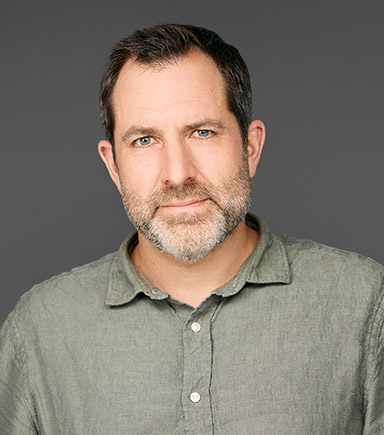
(408) 855-5338
(408) 855-5050
(408) 855-5234

(408) 855-5301
Visit us in the Student Engagement Center, Office 248P.